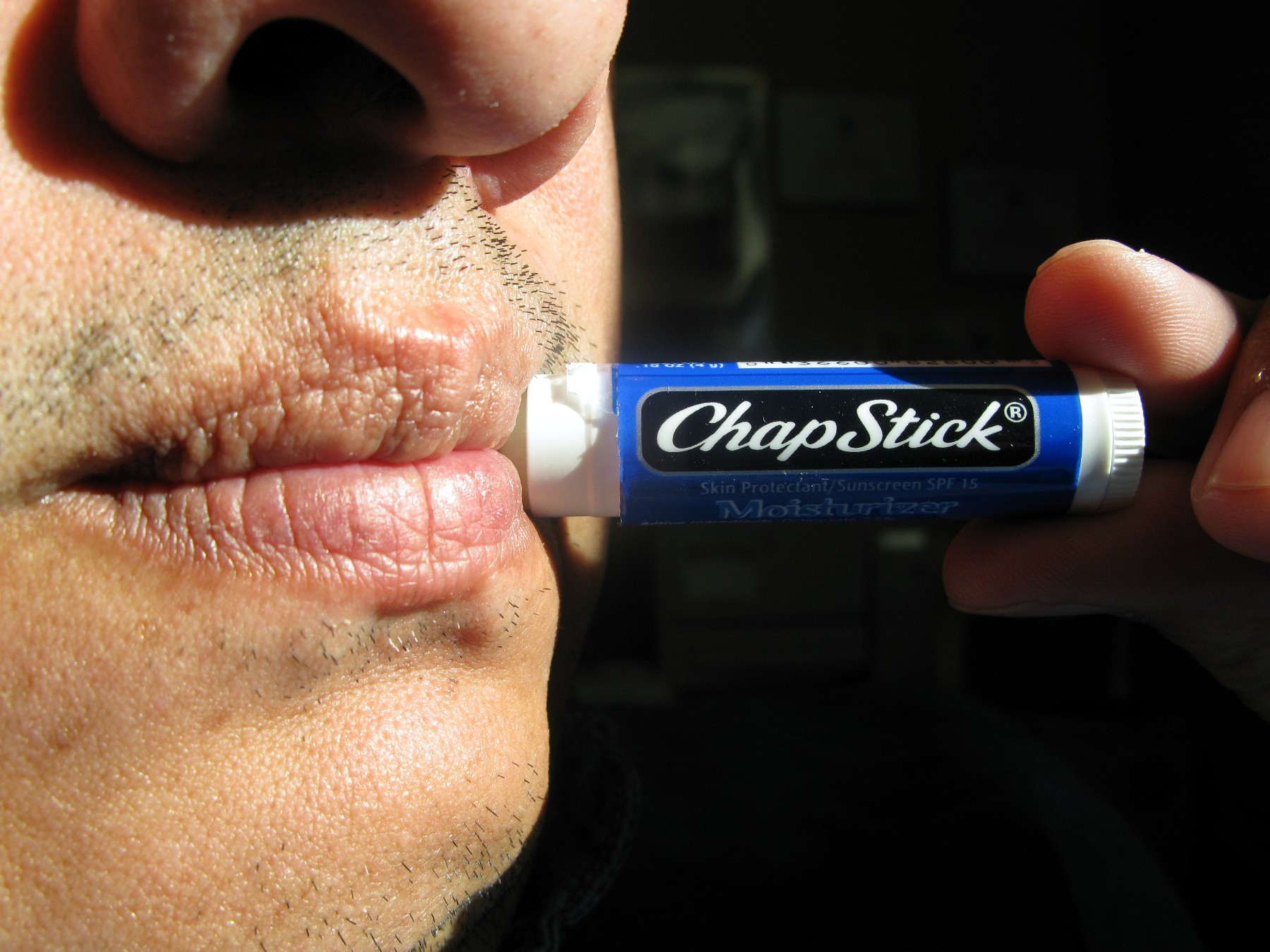It is safe to say that at some point in time, you or someone you know has experienced the frustration of having a blistered lip. These blisters, commonly called cold sores or fever blisters, result in minor pain and irritation that people would certainly rather avoid altogether. But what causes cold sores in the first place?
Cold sores are the result of infection caused by the herpes simplex virus type 1 (HSV-1). This virus is closely related to the one that causes the sexually transmitted disease known as genital herpes. HSV-1 is most commonly spread through contact with the saliva of an affected person or fluid from the blisters, and some everyday ways of transmitting the disease include shared eating utensils, razors, and towels, as well as kissing. The most common signs of cold sores are a tingling sensation in the affected area, the appearance of small blisters around the lips, nose, and/or cheeks, and oozing followed by crusting over.
Cold sores are extremely common; in fact, roughly 90% of adults around the globe test positive for HSV-1. However, not all infected individuals will show symptoms of the virus. The risk of developing cold sores is higher among people with a weakened immune system due to illness or medication as well as those who suffer from severe eczema. Additionally, cold sores can be chronic—roughly 40% of American adults will suffer from repeat outbreaks of cold sores. This repetition occurs because HSV-1 remains in the body and cannot be cured. Experts still do not know what precise factors cause HSV-1 to shift from inactivity to producing cold sores.
On average, cold sores heal over a period of seven to 10 days. The most common forms of treatment include ice packs, lip balms, and prescription antiviral medications for more serious infections. Over-the-counter ointments like Abreva are also often used in an attempt to shorten the duration of cold sores.
Despite the inconvenience of cold sores, they are nothing more than a temporary nuisance in most cases. If you develop cold sores, be sure to avoid sharing personal items with other individuals until the blisters have healed. With cold sores, a little extra caution goes a long way.
Featured Image Source: staying chapped by frankieleon










